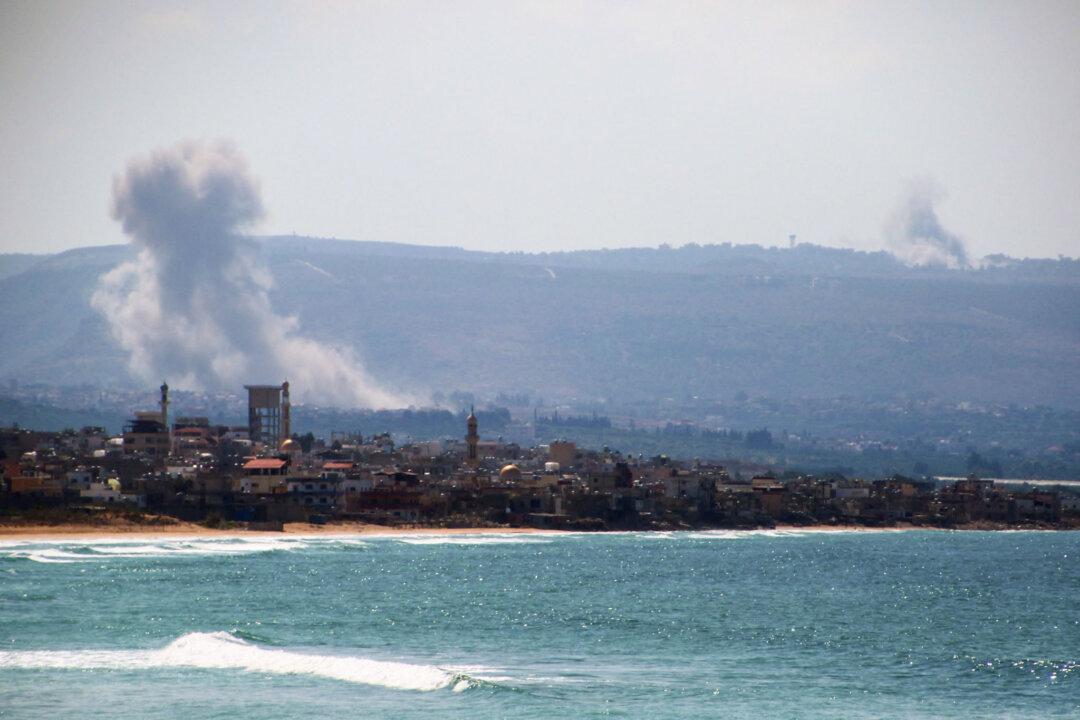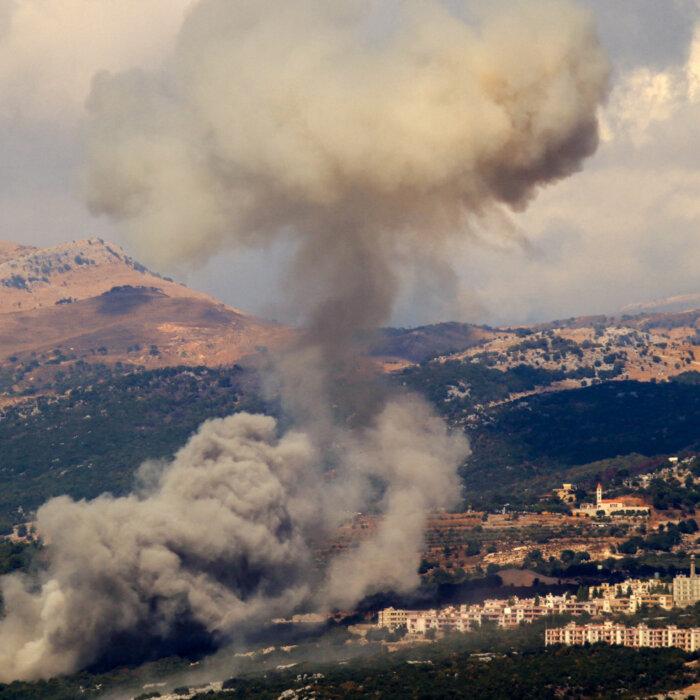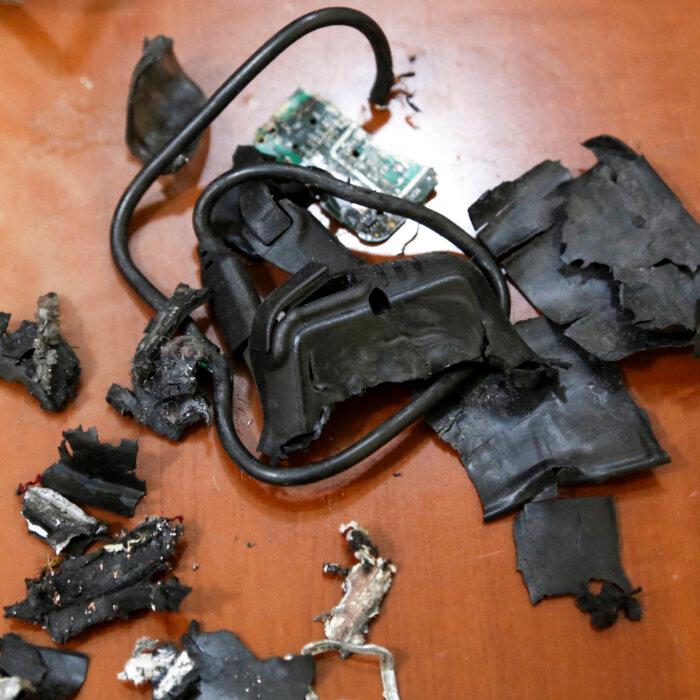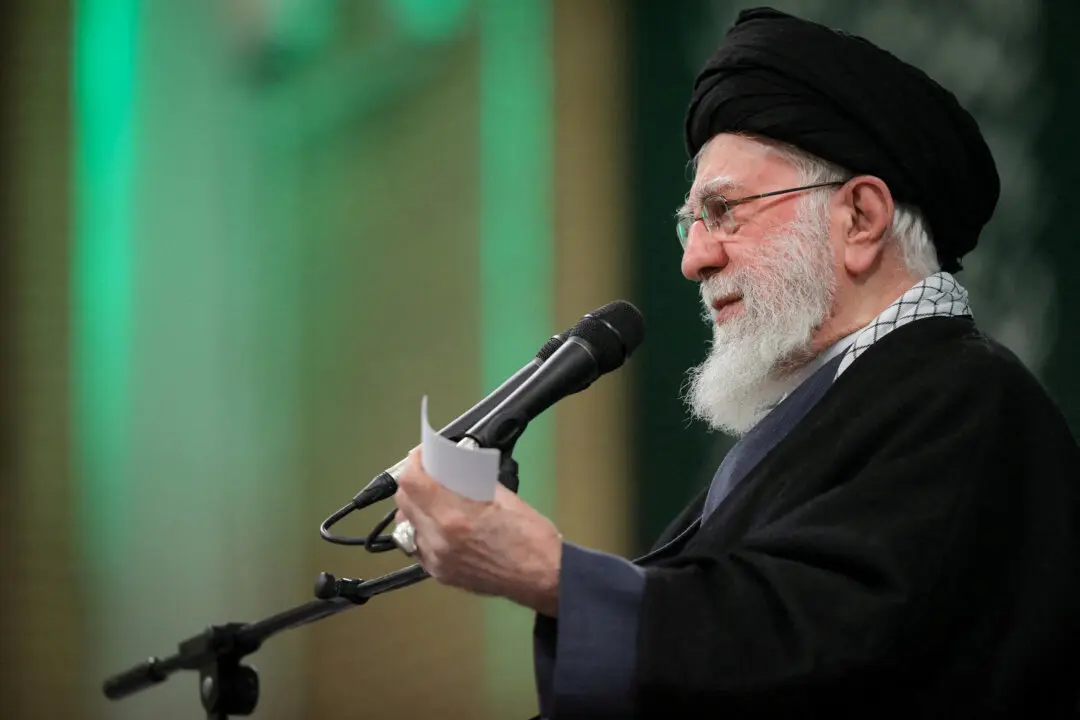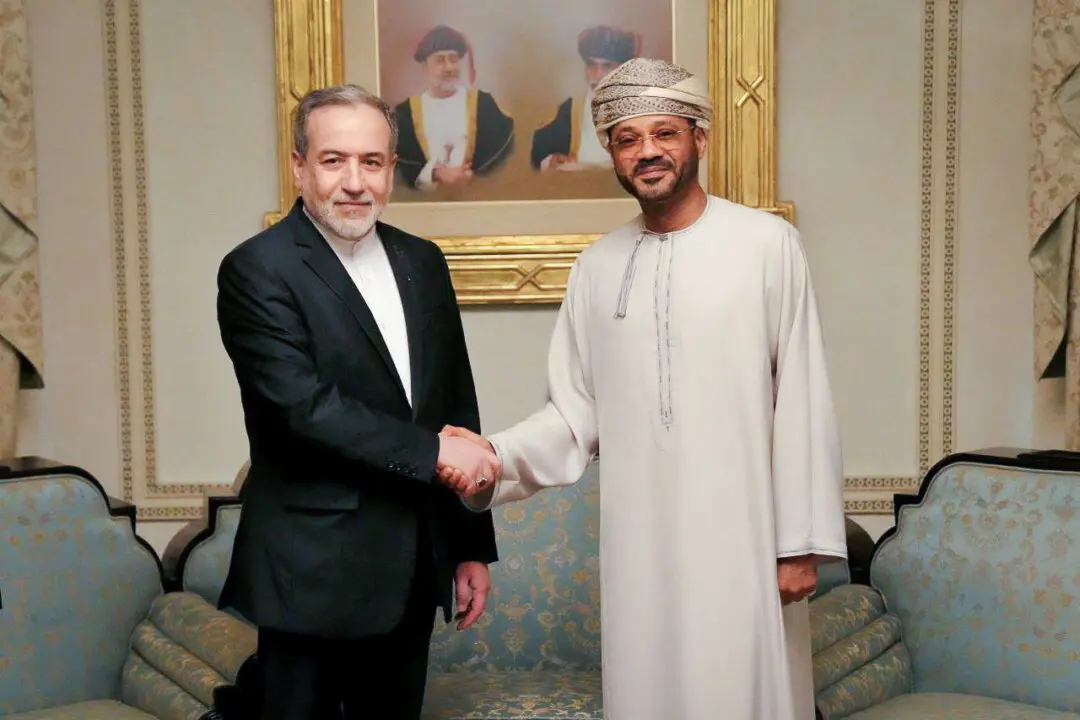Israel said it struck dozens of Hezbollah targets in southern Lebanon overnight on Tuesday, a day after it launched a wave of airstrikes against the Iran-backed terrorist group.
Lebanon’s health ministry on Tuesday said at least 558 people had been killed in those earlier strikes on Monday, including 50 children, and 1,835 wounded.
One Lebanese official claimed it was the highest daily death toll from violence in the country since the 1975-1990 civil war.
On Tuesday morning Hezbollah said it had attacked several Israeli military targets, including an explosives factory 37 miles into Israel, with Fadi rockets.
The terrorists said they had attacked the factory around 4 a.m. local time and the Megiddo airfield three separate times overnight.
Nearly a year after war broke out against Hamas in Gaza on its southern border following the attack of October 7, Israel is shifting its focus to the northern frontier, where Hezbollah has been firing rockets in support of Hamas.
The terrorist group, which runs the Gaza Strip, is also backed by Iran.
The Israel Defense Forces (IDF) said it struck a Hezbollah militant cell and its artillery and tanks hit other Hezbollah targets in the south of Lebanon.
Police said fragments of interceptor missiles were found in various areas over northern Israel.
Lebanese authorities said Monday’s Israeli airstrikes had killed nearly 500 people and sent tens of thousands fleeing for safety.
After some of the heaviest cross-border exchanges of fire since hostilities flared in October, Israel warned people in Lebanon to evacuate areas it said Hezbollah was using to store weapons.
Missiles Intercepted
Lebanon’s minister coordinating the response to the crisis, Nasser Yassin, told Reuters 89 temporary shelters in schools and other facilities had been set up, with the capacity for more than 26,000 people as civilians fled what he branded “Israeli atrocities.”The IDF said it struck Hezbollah in Lebanon’s south, east and north, destroying rocket launchers, command posts and militant infrastructure.
The Israeli Air Force struck about 1,600 Hezbollah targets in southern Lebanon and the Bekaa Valley, it said.
Hezbollah launched more than 100 projectiles toward Israel on Monday, according to the IDF, reaching deep into Israel, including around the northern city of Haifa and parts of the occupied West Bank.
Most of the missiles were intercepted, however two people were injured from falling shrapnel in northern Israel.
Also on Monday, the IDF published what it said was evidence of Hezbollah munitions being placed in homes, as justification for the strikes.
Among the weapons it said had been siloed in Lebanese homes were cruise missiles, rockets with large warheads and drones.
In one case, the IDF published pictures showing what it claimed was a long-range rocket mounted on a hydraulic launcher and in the attic of a family’s home.
Commenting on the strikes, IDF Chief of Staff Lt. Gen. Herzi Halevi called the campaign “a proactive offensive operation.”
“We are taking [away] military infrastructure that Hezbollah built for 20 years. This is very significant.
‘Almost Full-Fledged War’
Meanwhile, the European Union’s foreign policy has described the escalation between the Jewish state and Hezbollah as “almost a full-fledged war.”“This situation is extremely dangerous and worrying. I can say that we are almost in a full-fledged war,” Josep Borrell said.
“If this is not a war situation, I don’t know what you would call it,” he said, citing the increasing number of civilian casualties and the intensity of military strikes.
He added that civilians were paying a high price and all diplomatic efforts were needed to prevent a full-blown war.
